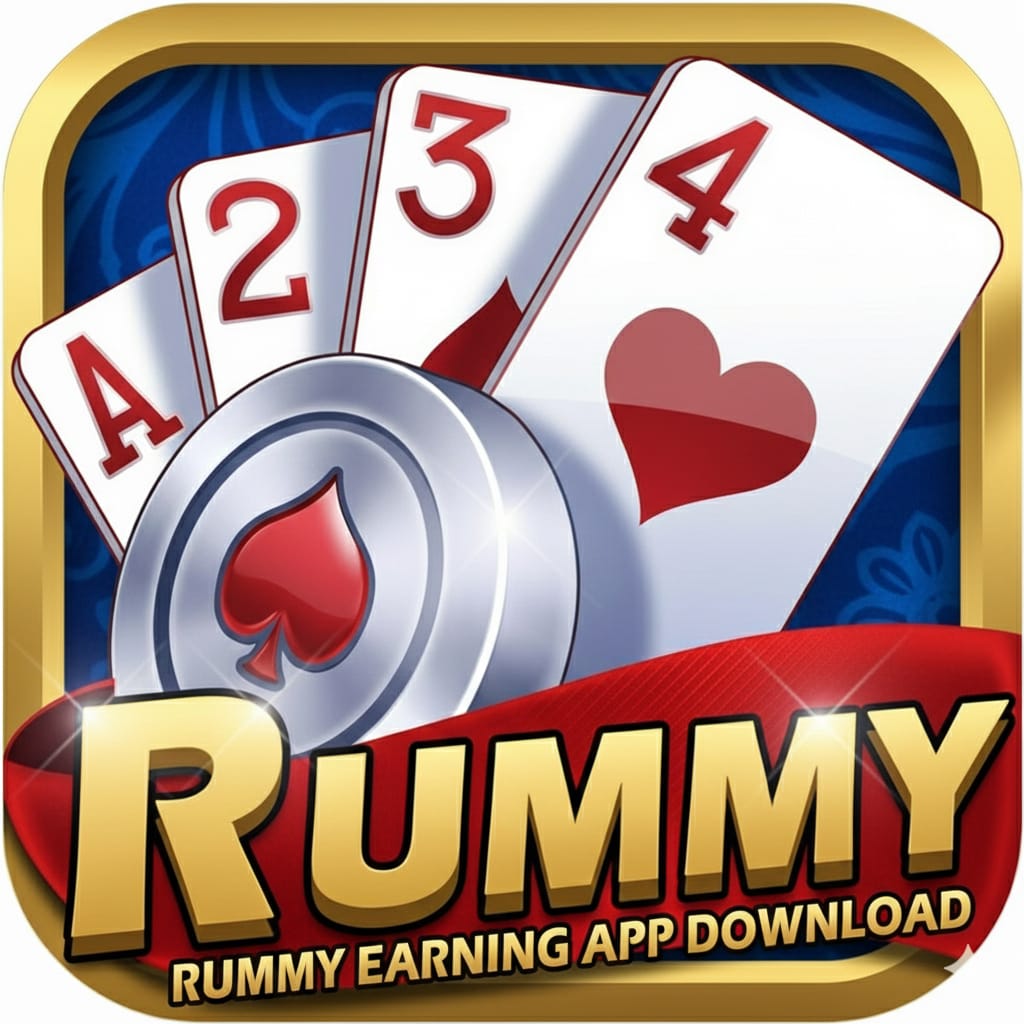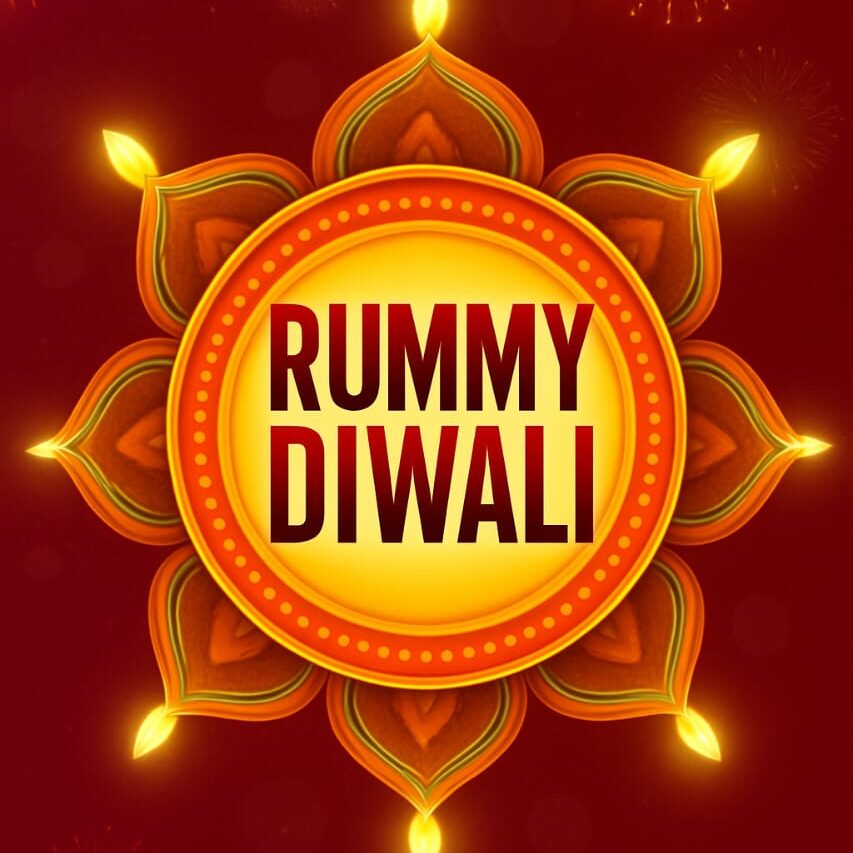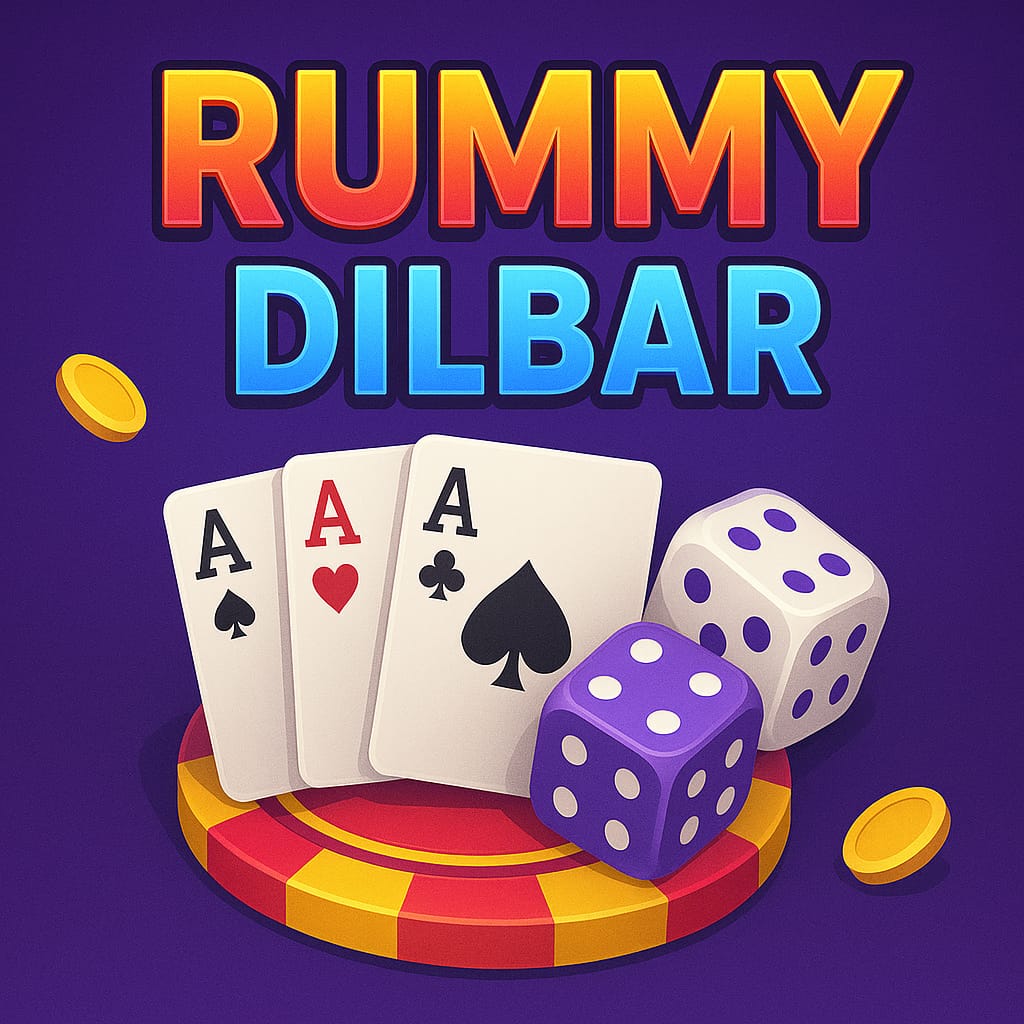Title: Exploring the Enthralling World of Rummy: A Comprehensive Guide
Introduction: Rummy, a game deeply rooted in tradition and strategy, has captivated players for generations with its blend of skill, calculation, and excitement. From casual gatherings to competitive tournaments, Rummy remains a beloved pastime enjoyed by millions worldwide. In this comprehensive guide, we’ll delve into the enthralling world of Rummy, exploring its origins, rules, popular variants, and why it continues to be a favorite among card game enthusiasts. Also Download Happy Teen Patti

Origins of Rummy: The exact origins of Rummy are shrouded in mystery, with various theories suggesting its development in different regions and time periods. Some historians trace its roots back to the 19th century United States, while others believe it originated in Asia or Europe. Regardless of its precise origins, Rummy has evolved over time to become one of the most popular card games played globally.
Rules of Rummy: While there are numerous variations of Rummy, the basic rules remain consistent across most variants. The game typically involves players forming sets (groups of cards with the same rank) and sequences (groups of consecutive cards of the same suit). Players take turns drawing and discarding cards with the goal of creating valid sets and sequences before their opponents. The player who successfully melds all their cards first wins the round and earns points based on the value of the cards remaining in their opponents’ hands.
Popular Variants of Rummy:
- Points Rummy: Also known as “10-Card Rummy,” Points Rummy is a fast-paced variant where players compete to score points based on the value of the cards they meld. The player with the lowest total points at the end of each round wins.
- Deals Rummy: In Deals Rummy, players compete in a fixed number of deals, with each deal consisting of a predetermined number of hands. At the end of each deal, players are awarded points based on their performance, and the player with the highest cumulative score at the end of the game wins.
- Pool Rummy: Pool Rummy is played with a fixed number of points (or “pool”) at the beginning of the game. Players compete to avoid reaching the maximum point limit by forming valid sets and sequences. The last player remaining with points in their pool is declared the winner.
- Indian Rummy: Indian Rummy, also known as “Paplu” or “13 Cards Rummy,” is a popular variant played with a standard deck of 52 cards. Players aim to form sets and sequences using 13 cards, and the player who declares first with a valid hand wins the round.
Why Rummy Remains Popular:
- Accessibility: Rummy can be played with a standard deck of cards or through digital platforms, making it accessible to players of all ages and backgrounds.
- Strategy and Skill: Rummy requires a combination of strategy, skill, and calculation, making it a mentally stimulating game that appeals to competitive players.
- Social Interaction: Whether played in person or online, Rummy provides an opportunity for social interaction and camaraderie among players.
- Endless Variations: With numerous variants and rule variations, Rummy offers endless opportunities for players to explore new challenges and experiences.
Conclusion: Rummy’s enduring popularity is a testament to its timeless appeal and versatility as a card game. Whether played casually with friends or competitively in tournaments, Rummy continues to captivate players with its blend of strategy, skill, and excitement. As the game evolves and adapts to modern times, its allure remains as strong as ever, ensuring that Rummy will continue to be cherished for generations to come. Also Download Teen Patti Winner























